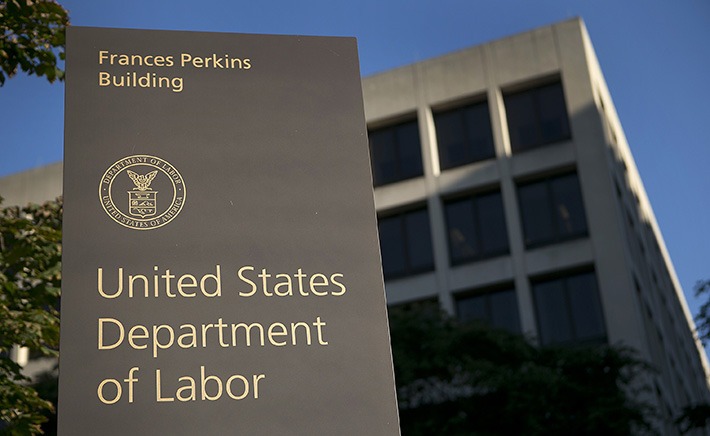
How does the Department of Labor (DOL) determine whether workers are employees or independent contractors?
This is an important question and while it would be great to offer a definitive answer, unfortunately, the answer is: it depends.
The DOL uses a factor-based test to determine if the worker is truly independent or if the hiring company controls the worker enough and derives enough benefit from the worker for them to be considered an employee. It makes no difference whether the employee’s contract states that the employee is “at all times considered an independent contractor” (otherwise, everyone would be able to avoid having to pay minimum wage and overtime by labeling all workers as independent).
(Also note: whether an employer should pay the worker via 1099 or W2 is a somewhat separate issue that depends on tax laws, rather than the FLSA. We will get into that in future blogs).
The basic factors include:
Overall, if you’re the business owner, given the steep fines for non-compliance that the DOL and litigious ex-employees can dish out, and you have any doubt whatsoever as to the classification of your workers, you should hire a business attorney as soon as you can. At all times, you should consider your workers as employees and pay them accordingly—until you get a professional opinion about their correct classification.
If you’re reading this and realizing that you may have missed some overtime payments, or if your independent contractors may be considered “employees” by the factor-based test detailed above, then you need to contact a business attorney as soon as possible to make an assessment. If it is true that you have missed some of the DOL’s requirements, the DOL will sometimes waive penalties for businesses that, in good faith, turn themselves in, self-report, and pay their employees the overtime back pay.
Again, I would highly advise hiring an attorney to review your specific situation and to advise you on how your specific company can and should proceed. Navigating the waters of the FLSA is a daunting task for even the most experienced business owner.